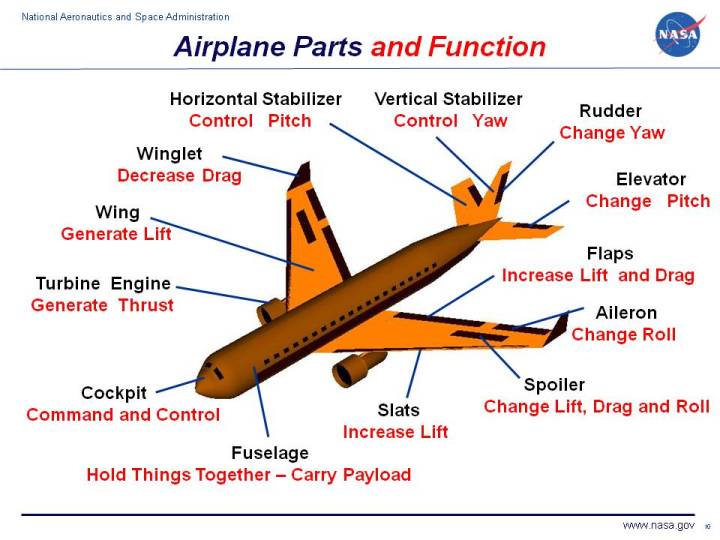Your script is your blueprint to your movie.
Of course, if its 30 second long - you PROBABLY could get away with it, but with anything longer - write a screenplay.
Get Celtx too, if you don't have it.. its a free screenplay software
I agree.
http://celtx.com/
Also:
http://www.scribd.com/doc/12721428/Professional-Screenplay-Formatting-Guide
If your attention span finds significant resistance to pounding out a 110pg screenplay then organizing all the moving to pieces to directing a feature is going to be considerably more difficult.
Changing words around on a word processing program is like building an oragami paper boat compared to organizing video & audio materials, auditioning people for cast & crew, scouting and securing locations, costumes, props, schedules, budgets, release forms, permissions, editing, scoring, distribution, and setting up the project's LLC all of which is like putting together your own wooden sailing yacht.
You know your starboard from port, right?
When your AD gets into a heated argument with your DP, who stomps off with his disk out of your camera halfway through the shoot and doesn't come back from lunchbreak who owns the material on the disk?

Before begining with a feature length project you may find it fantastically beneficial to first create, shoot, edit, and elicit feedback on three or four five to ten minute shorts.
Each will be wildly different educational experiences.
With a good understanding of the actual experience on those short projects you'll be able to bring considerably more to your feature length project which will exponentially task everyone's emotional resources considerably more.
Sprinting vs. marathon.









